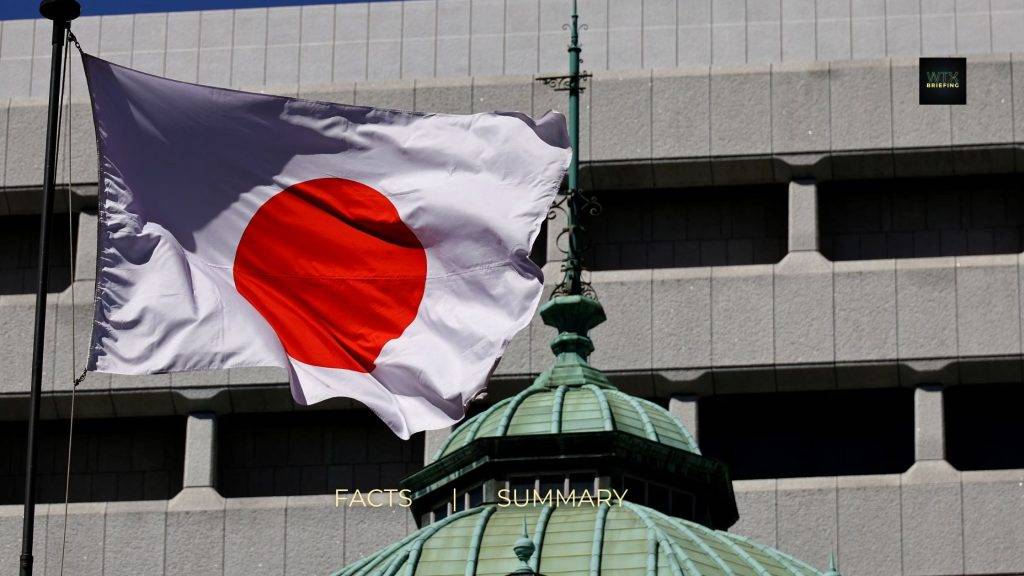- Bank of Japan raises interest rates to 17-year high
- This decision follows December’s inflation surge
- Core consumer prices rising 3% year-on-year, the fastest pace in 16 months
Bank of Japan raises interest rates to 17-year high
The Bank of Japan (BOJ) has raised its short-term policy rate to “around 0.5%,” marking its highest level in 17 years. This decision follows December’s inflation surge, with core consumer prices rising 3% year-on-year, the fastest pace in 16 months.
This rate hike, the first since July, was anticipated by BOJ Governor Kazuo Ueda to avoid the market shock caused by the unexpected July increase. The move also comes amid global uncertainties, including potential trade tensions sparked by U.S. policies under President Donald Trump, who recently returned to the White House.
The BOJ’s rate adjustment is part of a strategy to steadily increase rates to approximately 1%, a level considered neutral for economic growth. By raising rates now, the bank creates room for potential rate cuts in the future if economic stimulation is needed.
The decision signals a shift from Japan’s era of ultra-low interest rates as the central bank aims to balance inflation control and economic stability.


